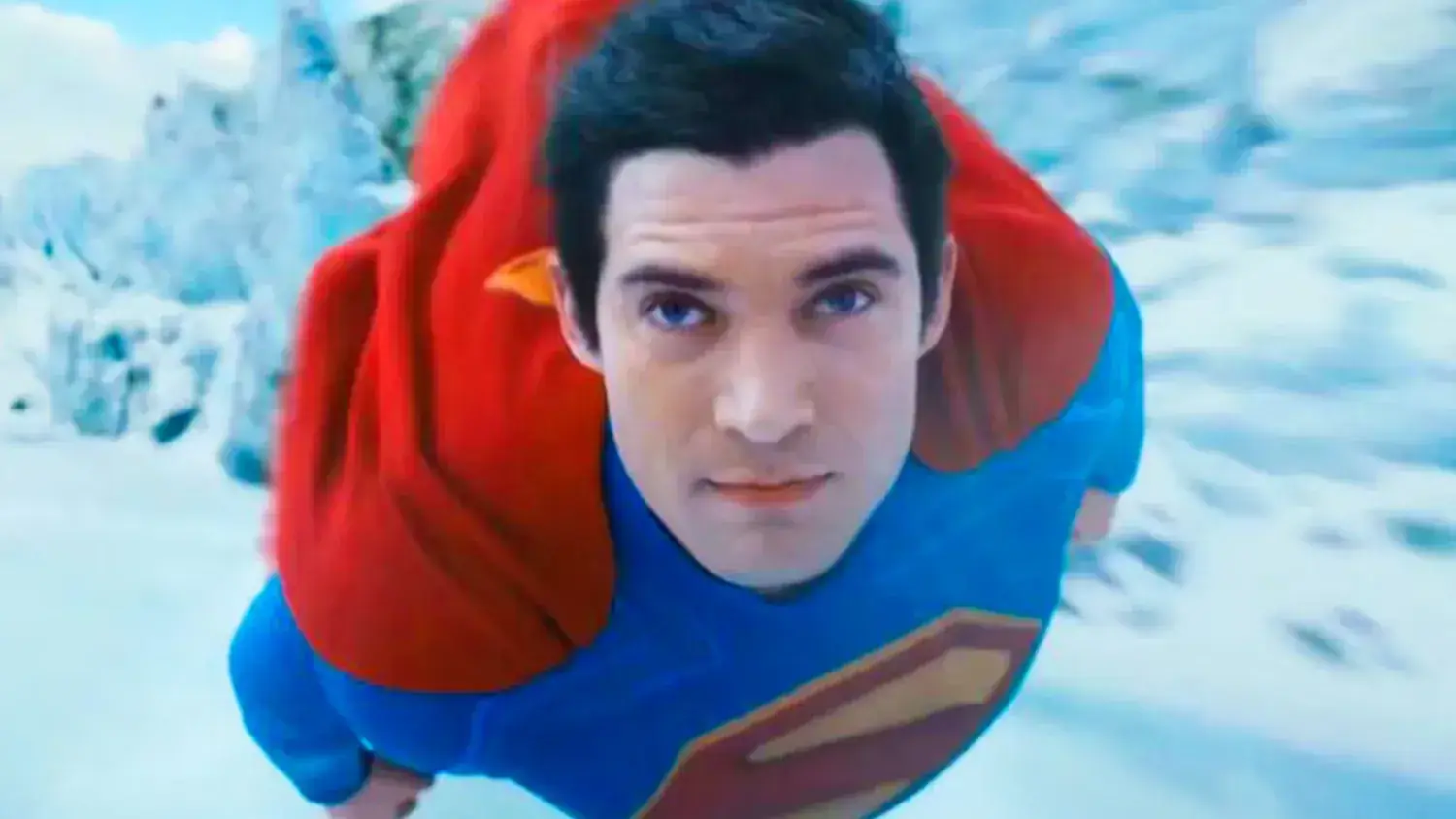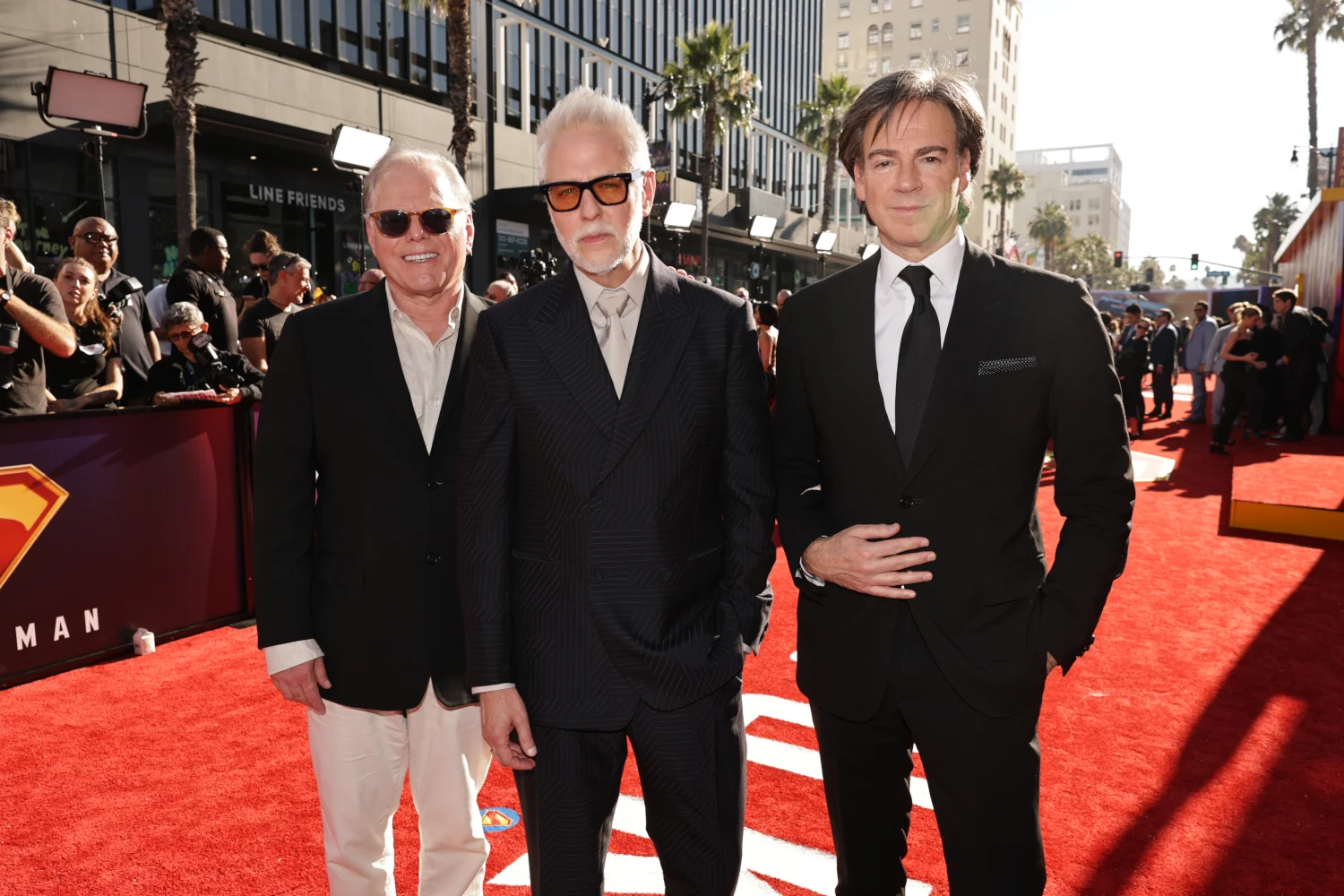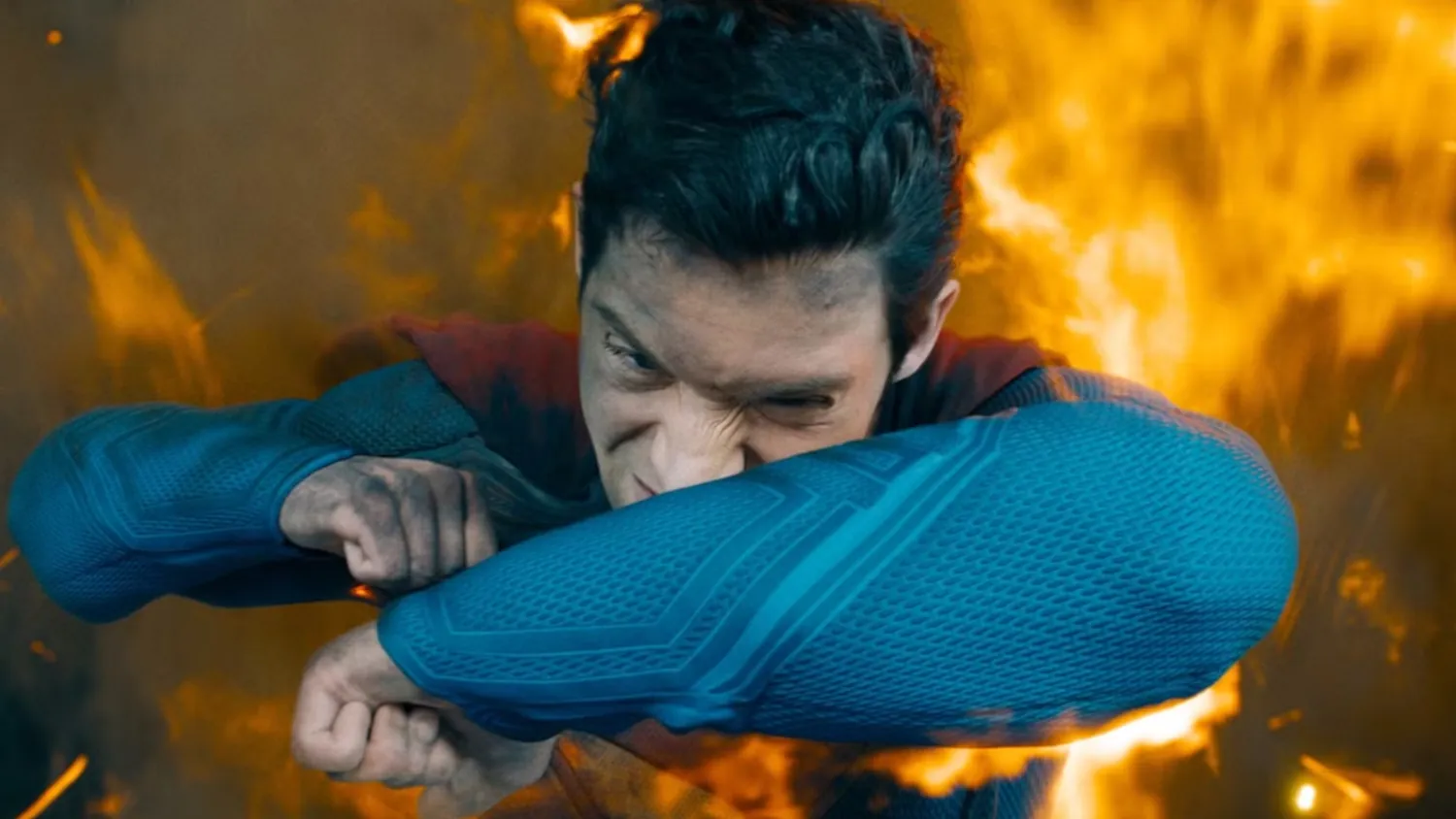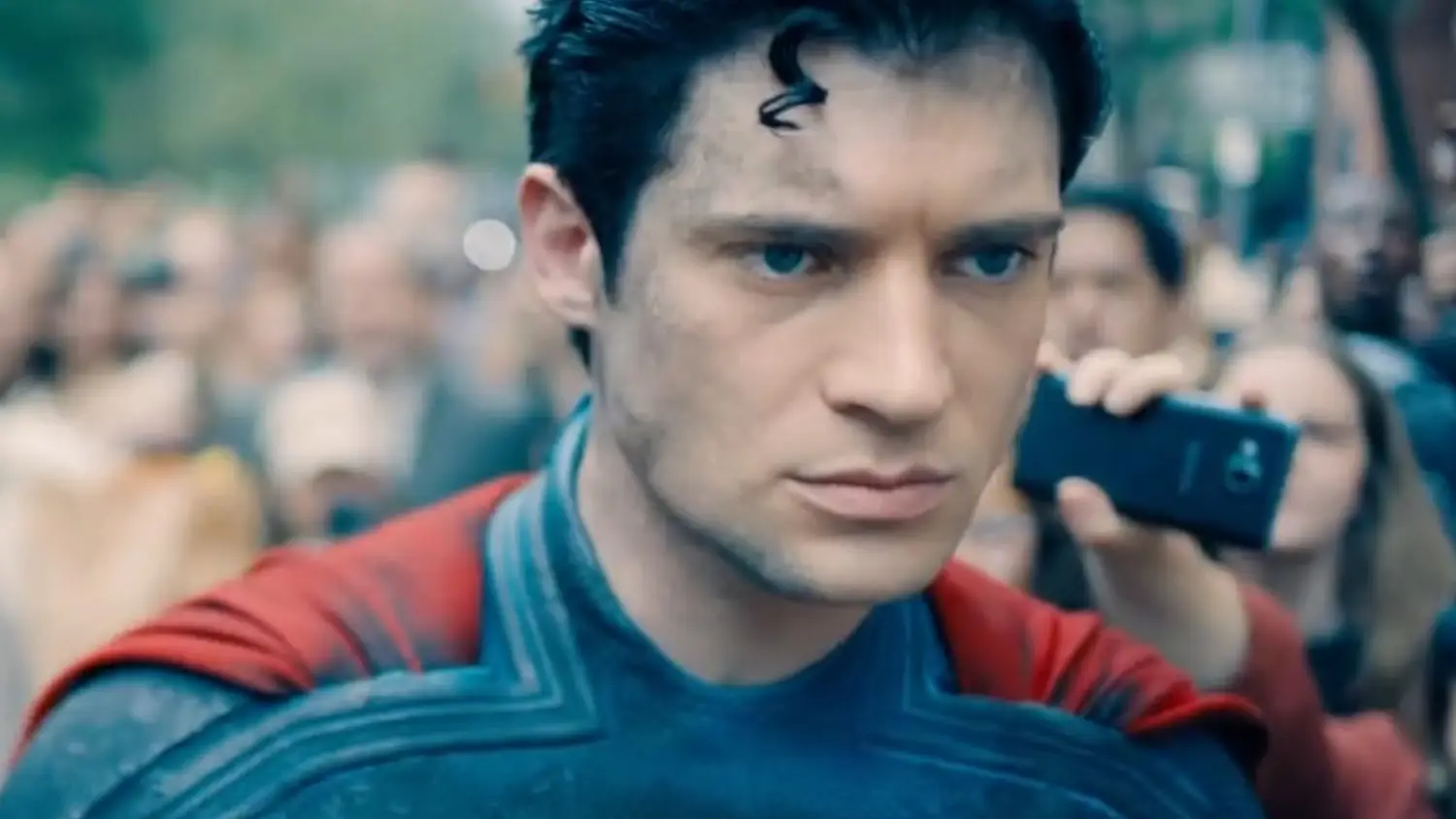Warner Bros. Discovery released its Q3 earnings, and Superman was front and center in the results. The studio reported a 74 percent increase in theatrical revenue compared to last year and credited the jump to a “strong performance” from Superman, along with The Conjuring: Last Rites, Weapons, and carryover from F1.
That sounds like a win at first glance, but there’s important context missing. The 74 percent spike is inflated because Warner Bros. had no major box office driver in the same quarter of 2024. Beetlejuice 2 technically opened in early September, but it didn’t meaningfully impact Q3 results, leaving the comparison quarter unusually weak. If the studio had a stronger performer in that slot last year, the year-over-year jump would be much smaller.
Superman did help the quarter, but the film’s individual profitability tells a different story.

Superman Didn’t Recoup Its Costs in Theaters
Insider information indicates Superman cost closer to $350 million to make, far above the $225 million production figure that surfaced in the trades. Once you add in global marketing, the all-in cost climbed into the $475–525 million range.
Superman finished its global run with a $615.9 million worldwide box office. Based on standard industry estimates, Warner Bros. retained roughly $320–335 million after theaters took their share. That figure didn’t cover the real cost.
In simple terms, Superman lost money theatrically.
This lines up with what our insider first reported and matches the conclusion from the recent Forbes breakdown.
Related: AMC Reports Massive Quarterly Loss as Superman and Other Releases Fail to Lift Attendance

Why WB’s Earnings Still Look Strong
Warner Bros.’ financials don’t contradict the theatrical loss, because the studio doesn’t report film-level profit.
The Q3 results combine everything the studio earned during the period, including high-margin horror hits, licensing, F1 carryover, digital sales, and library distribution.
Studios EBITDA* more than doubled year-over-year. A tentpole like Superman can show a theatrical loss while the overall quarterly profit still climbs, thanks to better performance across the slate.
Superman boosted revenue and contributed to the quarter, even though the theatrical run didn’t cover its cost.
*Studios EBITDA is the studio’s profit before taxes and certain expenses — basically the number that shows how much money the movie division actually made during the quarter.

Why Theatrical Profit Still Matters
Theatrical profit still matters for a movie like Superman because theaters set the tone for everything that comes after. A clean profit in theaters creates momentum, boosts confidence in the brand, raises merchandising value, and supports bigger budgets for sequels.
When a tentpole loses money theatrically, the studio must rely on digital sales, streaming, and international TV deals to close the gap, which takes longer and doesn’t carry the same impact.
A strong theatrical run also signals that fans are on board with the direction of the franchise. When the first film in a new slate comes in below expectations, it puts more pressure on whatever comes next.

What This Means for the DCU
Superman wasn’t a bomb, but it wasn’t a clean hit either. It performed well enough to lift the quarter when paired with cheaper, profitable movies, but the theatrical shortfall adds pressure to the next DCU entries.
Supergirl arrives in 2026, followed by Gunn’s Man of Tomorrow in 2027. Both films will face tight scrutiny now that Superman failed to turn a theatrical profit.







